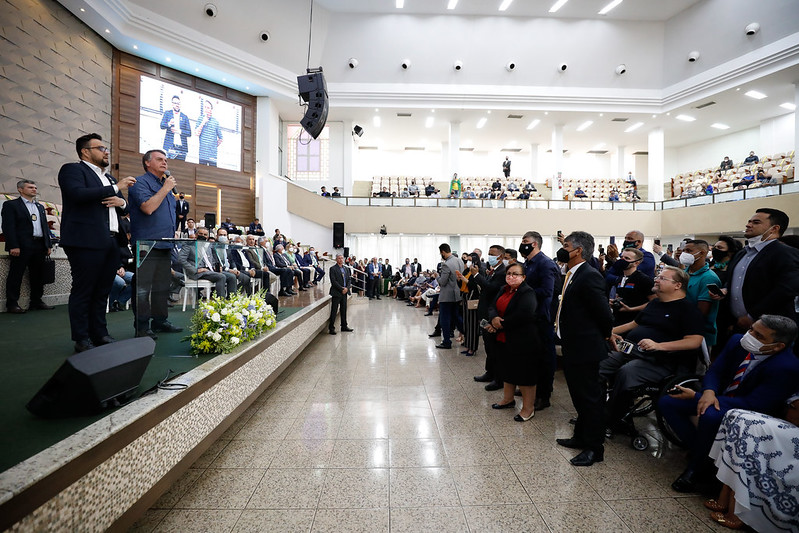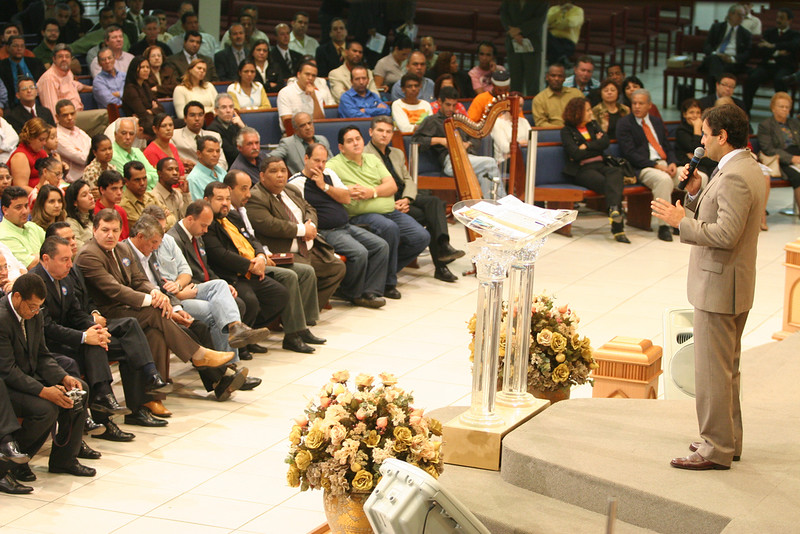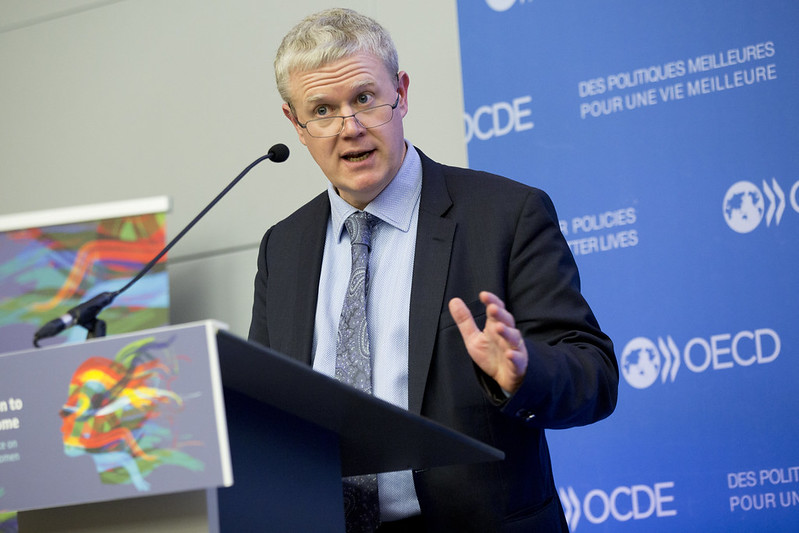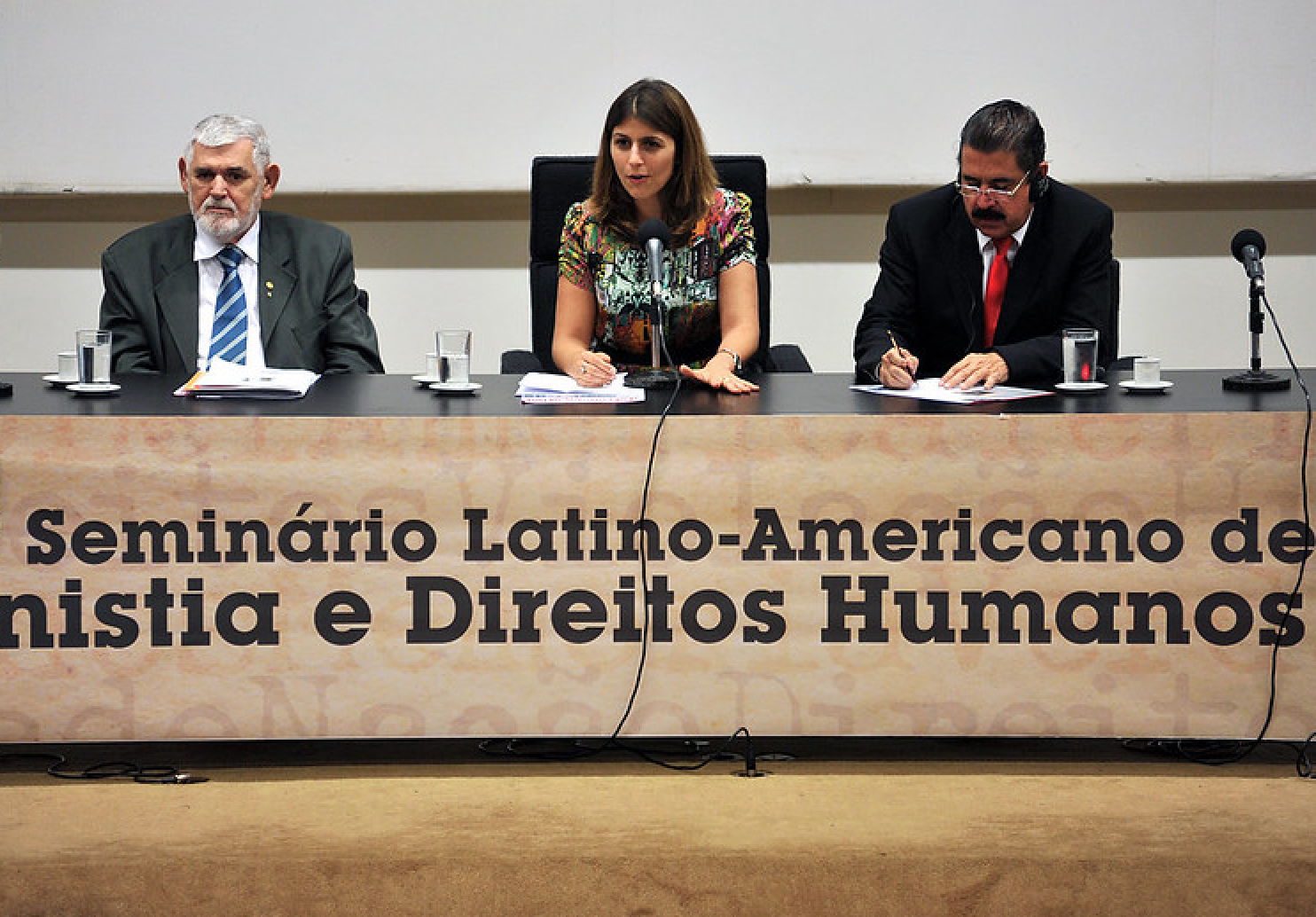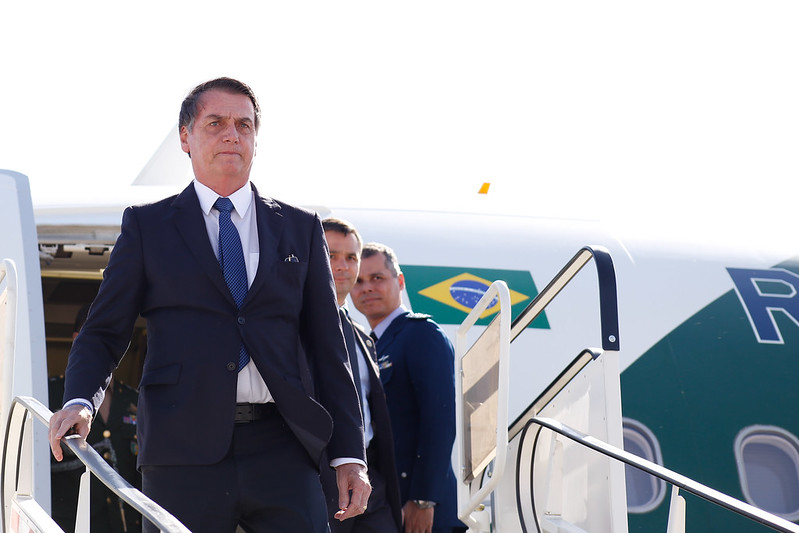Imakay Research Hub
Artigo
The importance of religion in presidential elections in Brazil
23/11/2022
Manoel Schlindwein, PhD candidate in International Relations (IRI-USP)
Visits to churches and temples, meetings with spiritual leaders, demonstrations of faith and praise and, above all, proposals and statements full of moral values, with a strong religious connotation. Throughout the 2022 presidential election, Brazilian voters witnessed a great and constant effort by candidates to make explicit how much they are devout men and women who cherish religiosity, both personally and collectively – in fact, not much different from what was seen in previous elections. But this time, even in the face of emergencies such as the fight against hunger and the recovery of the economy after the coronavirus pandemic, the issue was prioritized by the candidates, defining both the campaign agendas and the narrative strategies to convince undecided voters. Even though they had very different worldviews and election programs, the candidates who contested the second round – Jair Bolsonaro (PL), current president and then seeking reelection; and Luiz Inácio Lula da Silva (PT), former president between 2003 and 2010 and victorious – had something in common: the concern to win the vote of the faithful. To understand the reasons why the candidates give such importance to the issue, it is necessary to take into account not only the size of the electorate (which, by the way, is quite expressive) but also the values and ways of thinking of Brazilian society.
First of all, it should be noted that most Brazilians consider religion something of great relevance in an election. Almost half of the population (49%) said they give a lot of importance to the candidate’s religion or faith when it comes to casting their vote, showed a survey by the Datafolha institute released in mid-October 2022, a fortnight before the second round of elections. The survey heard voters from all over the country and revealed several characteristics of the population on the subject. When attributing grades on a scale of relevance from 1 to 5, with 1 being the lowest and 5 the highest, Bolsonaro’s voters gave more importance to religion than those of the Workers Party (4.2 to 3.3). In turn, voters aged 60 and older outperformed 16- to 24-year-olds (3.9 to 3.3) on the question, and residents of the North expressed greater interest than those in the Southeast (3.9 to 3.5).
Another factor to understand why candidates are so busy with religion during elections, whether in speeches, backstage meetings, or radio and TV advertisements, concerns the number of adherents in the country. The 2010 IBGE (Brazilian Institute of Geography and Statistics) Census, the latest survey by the federal government to provide an X-ray of Brazilian religiosity, showed that 64.99% of the population declared themselves Catholic, while 22.89% said they were evangelicals. Together, they correspond to 87.88% of the population. In the same survey, only 8.04% of the population said they had no religion. The survey, scheduled to take place every ten years, was postponed from 2020 to 2021 because of the pandemic, and then to 2022. The agency faces several difficulties in carrying out the survey, from a lack of personnel to heavy budget constraints. Thus, it is worth considering the most current figures, obtained from a Datafolha survey conducted in December 2019. According to the research institute, 50% of Brazilians are Catholic, 31% are evangelical, and 10% have no religion.
Beyond the numbers, it is necessary to take into consideration what is the worldview of the adherents of the various religions in the country. To consider only the most numerous groups, Catholics and Evangelicals, although moulded under the same Christian perspective, have distinct visions about life in society – which, in practice, makes them have fundamental differences about the elaboration and conduction of public policies, particularly those involving customs and morals. In an article published in September this year, Professor Janice Theodoro da Silva, from the Faculty of Philosophy, Literature and Human Sciences at the University of São Paulo (FFLCH-USP), observes that Catholics and Evangelicals justify, each in their way, “more or less State, more or less individual freedom, more free will and less demonization of the Other”. She recalls that, despite the Brazilian State being secular, “a significant part of the population does not separate the private space, of their individual religious convictions, from the public space, managed by the State. The professor recalls that the existing religious practices in societies interfere with public policies and that, in the case of Brazil, the State, although secular, “faces difficulties in maintaining the boundaries between public and private”. To reinforce the point, the professor recalls that evangelicals value individual prosperity over state policies, while Catholics do not find the way to salvation in success, money, and power.
These characteristics, and their respective implications, were highlighted in an article published in late October by writer and Social Entrepreneur award editor Eliane Trindade. With the suggestive title “Faith and Brazil are in the hot seat amidst spiritual and electoral warfare“, the columnist of the newspaper Folha de S. Paulo argues that President Jair Bolsonaro embodies the ideology of a Brazil governed by God, in which there is a Christian influence in all spheres – which, according to a progressive wing, would be threatening the secular state. At that time, two days before the second round of voting, Trindade argued that Bolsonaro’s reelection was “sought by conservative evangelical leaderships to crown a fundamentalist project that preaches a country governed by Christian values. At the head of the endeavour, “barons of faith” such as televangelists Edir Macedo (Universal Church of the Kingdom of God) and Silas Malafaia (Assembly of God). She quotes the theologian Ronilso Pacheco, author of the book “Occupy, Resist, Subvert: Church and Theology in Times of Racism, Violence and Oppression”. He says: “Evangelical churches with media presence and political influence are partners in the ultraconservative project of the Bolsonaro government, which denies rights and exploits faith.” In contrast, Trindade pointed out, “resistance comes from progressive voices from various denominations in defence of a secular state,” as was then the case of the group “Fraternity of the Gospel,” which issued a note in defence of constitutional democracy.
Magali Cunha, a researcher at the Institute for Studies of Religion (Iser), brings financial issues to the centre of the debate. According to her, what was at stake in the 2022 elections was not ideology, “but the corporate interests of churches that profited a lot from the Bolsonaro government,” as in the cases of debt forgiveness and the very presence of pastors in the ministries of Education and Health, for example. The novelty of this election would be, in the researcher’s view, the unity of distinct evangelical groups to gain political power to implement the so-called Dominion Theology in the country. This idea, also known as “dominionism” or even “reconstructionism”, advocates a government guided by Christian values, originated in the United States, was somehow adopted by the Republican Party and ended up being imported to Brazil.
“Dominion Theology has a heavy-handed approach: you have to get the devil out of power. It is necessary to dominate political power by making the Lord’s anointed take over political power,” explains Pietro Nardella-Dellova, PhD in Science of Religion from PUC/SP in an article in Congresso em Foco. Reflecting on the fact that Jair Bolsonaro has allowed groups with this alignment to occupy space in his government, Joscimar Silva, PhD in Political Science from the Federal University of Minas Gerais (UFMG), in a recent debate on the subject promoted by the Brazilian Association of Electoral Researchers (Abrapel) said that “religious interests have always been present in politics … but perhaps never before has it been such a central point of debate.” Abrapel’s president, Mara Telles, sums it up: “the preaching of religious hatred thus becomes the main ingredient of the electoral campaign.
Just like in 2018 and 2020, this year’s elections were marked by the dissemination of fake news. When making an assessment of the election, fact-checkers of Lupa Agency wrote that the unequivocal presence of misinformation makes the election of 2022 marked, for many years, as the most polarized of the recent Brazilian democratic period. According to the agency, “there is no doubt that the dissemination of false content was one of the most relevant strategies in the heated political debate, revealing a Brazil that resists verified information. Not by coincidence, social networks and private messaging services such as WhatsApp have been flooded with fake content related to religion. Fake news involving relevant themes in the dispute for the evangelical public vote, such as the legalization of abortion, the closing of churches, and the adoption of unisex bathrooms in schools, circulated in abundance on the eve of the elections. A good part of the messages had Lula as a target, which led his candidacy to publish a letter to the evangelicals to deny the contents. The document highlights actions of his mandate, such as the reform of the civil code ensuring religious freedom in the country and the decrees that created the March for Jesus and the National Day of Evangelicals. From what we see, the theme will remain relevant and far from consensus for a long time, even if a good part of it should be regulated by the National Congress (and not by the President of the Republic).

